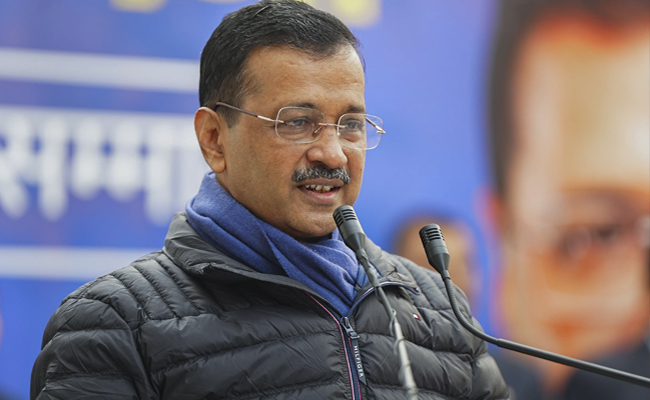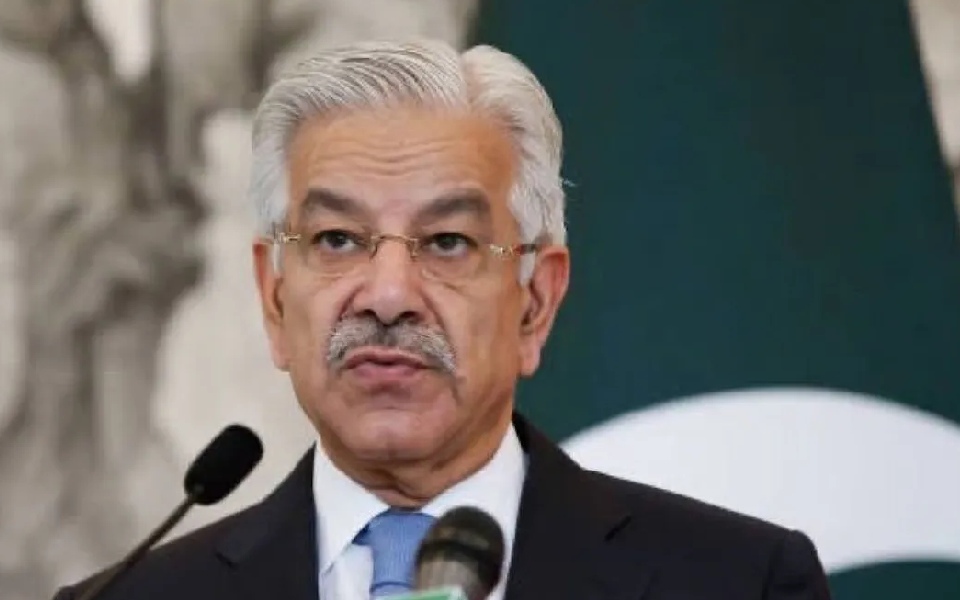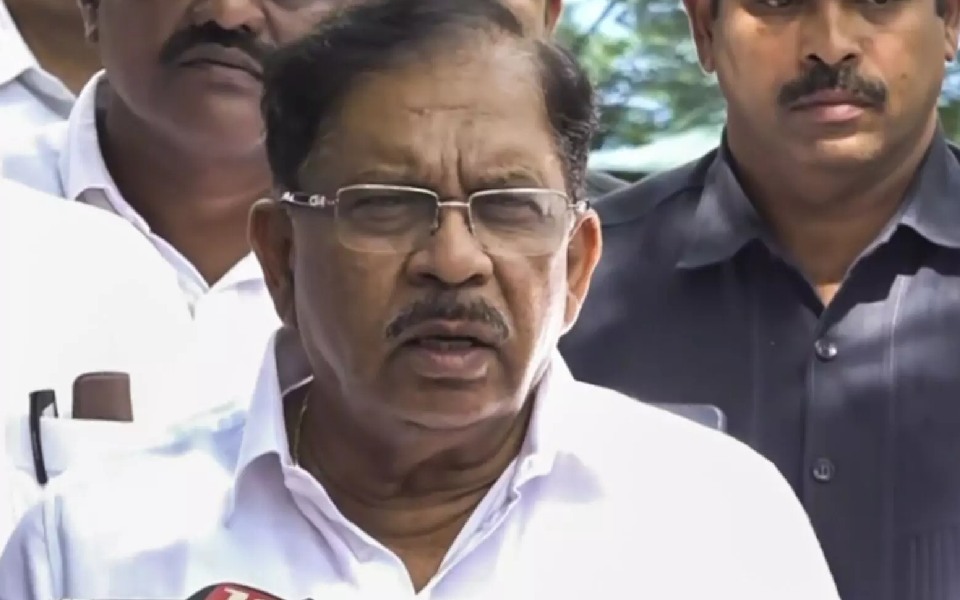New Delhi (PTI): The Aam Aadmi Party on Monday released a campaign song titled 'Dilli Da Putt Kejriwal,' on the occasion of Lohri, urging Delhiites to re-elect Arvind Kejriwal in the upcoming assembly polls.
The 1.33 minute Punjabi song features the line, "Is Vaari Sun Lo, Phir Kejriwal Nu Chunn Lo," calling on voters to choose Kejriwal again to ensure the continuation of public welfare schemes and the fulfillment of his promises, a party statement said.
Lohri, a festival marking gratitude for the harvest season, is widely celebrated in Punjab and Delhi.
The track, released on X has been widely shared by AAP supporters. It highlights Kejriwal's achievements in Delhi and emphasises his vision for the city’s development, reflecting the aspirations for progress under his leadership.
It underscores key initiatives of the Kejriwal government, such as free electricity, water, and the teerth programs for senior citizens, the statement said.
The song also outlines new guarantees under the AAP's manifesto. These include the Mahila Samman Yojana, which promises Rs 2,100 per month to every woman directly in their bank accounts and the Sanjeevani Yojana, which aims to cover all medical expenses for senior citizens above the age of 60, it added.
Voting for the 70 assembly constituencies in Delhi will be held on February 5 and the results will be declared on February 8.
Let the Truth be known. If you read VB and like VB, please be a VB Supporter and Help us deliver the Truth to one and all.
Lahore, May 10 (PTI): The option to go nuclear is not on the cards right now, Pakistan's Defence Minister Khawaja Asif on Saturday said as Indian and Pakistani militaries targeted each other's installations, escalating the already serious confrontations.
“At the moment the nuclear option is not on the cards. However, if the situation comes up the 'watchers' will be affected as well,” Asif told Geo News.
“I am telling the world that this is not going to be confined to the region only, it could be much wider ... this destruction. Our options are being reduced considering the situation India is creating,” he said.
Asif said that no meeting of the National Command Authority has been called.
The NCA is responsible for making the operational decisions on Pakistan’s nuclear weapons.
Tensions between nuclear-armed India and Pakistan increased after the Indian armed forces on Wednesday conducted precision strikes targeting terror launchpads in Pakistan and Pakistan-occupied Kashmir (PoK) in response to the April 22 Pahalgam attack that had cross-border linkages.
Pakistan launched a fresh wave of drone attacks targeting 26 locations in India -- from Jammu and Kashmir to Gujarat -- for the second night on Friday, with the Indian defence ministry saying the enemy's attempts to hit vital installations, including airports and air bases, were successfully thwarted.
Pakistan on early Saturday claimed that its three air bases were targeted by Indian missiles and drones.





